| Dr. Jody Polleck is an associate professor and the program coordinator for literacy education at Hunter College. She began her work with urban adolescents in 1994 as an outreach counselor in Washington, D.C. for homeless youth. In 1999, she received her Master’s in English education and worked as a high school reading and English teacher for emerging readers and writers. In 2002, Jody received National Board Certification for adolescent English language arts; and in 2003, she accepted a full-fellowship to New York University where she completed her doctoral degree in English education. Jody is a 2019 Fulbright scholar. Her current research focuses on differentiated, culturally responsive-sustaining literacy instruction. She has published in over 25 books and journals including ALAN Review, Contemporary Issues in Technology and and Teacher Education, English Journal, High School Journal, Journal of Teaching Writing, Literacy Research and Instruction, Preventing School Failure, Reading and Writing Quarterly, Reading Horizons, and Teacher Education Quarterly. |
I worked with young people like Franz, who called himself “the Haitian Sensation”, who ran a Christopher Pike book club. Franz facilitated with authenticity, asking questions about how his peers connected to the books. He would shake his head, making deep eye contact as he responded often with “that’s deep man, that’s deep.” For six years, I integrated these experiences into my classroom, providing students with rich literature and time to discuss their lives and the books.
Since then, for over 20 years, I have researched and facilitated youth-led book clubs, both in and out of the classroom, where I use young adult literature to engage students, to elevate their literacies, to create lifelong relationships, and to enhance their emotional and social development in culturally affirming ways. Research tells us book clubs increase students’ reading comprehension—and their appreciation and motivation for reading. These spaces also enhance students’ perspectives and prepare them to live in diverse societies. They allow young people space to grapple with tough issues of oppression and discrimination, and they provide them with forums to develop their sense of agency and advocacy.
The success of this work, however, is due to offering youth culturally, neurologically, and linguistically diverse texts that speak to their intersectionalities. From The New Kid by Jerry Craft which centers the experience of a tween Black artist who disrupts racial microagressions in his new school to I am J by Cris Beam which explores the world of a Latine transgender teen to Dread Nation by Justina Ireland, which centers the life of Jane who not only fights zombies but battles racial and gender discrimination.
In my own experience, I’ve seen this development time and time again within book club spaces. While working with young Black and Brown Muslim men in Brooklyn, I witnessed them collectively advocate for themselves after the George Floyd murder, and while reading Written in the Stars by Aisha Saeed, they also advocated for the women in their lives. I’ve seen this while reading Scythe by Neal Shusterman with an international group of students who collaborated online via zoom around ways to help vulnerable populations during the pandemic while also sharing strategies for getting more young adults to vote. I have worked with culturally and linguistically diverse young women in the Lower East Side of Manhattan who talked about taking more activist roles not just in their families and school communities but within their friend circles as well. We shared conversations from how to resist bullying to dismantling systemic racism and white supremacy.
Book clubs, whether small or large, will most certainly be challenging but the risks are worth the benefits as we collectively work for equity within our school communities. In 1857, Frederick Douglass told us that “if there is no struggle, there is no progress,” and 150 years later, our current abolitionist warrior Bettina Love tells us “to want freedom is to welcome struggle” (p. 9). Pedagogies and support systems grounded in equity are not easy, but they are a must. We must remember to ground our work in love—and consider ourselves as what Ginwright coins as “soul rebels,” where we work on challenging “conventional educational and political strategies” and embark on journeys that allow us “to discover practices that heal and transform classrooms, organizations, and communities”. Our healing as humans, as members of a collective, must be entrenched in social justice. That change can be housed in book clubs where we begin and end with the heart and with radical love. And so I close out this blog today with visions of joy. Joy for book clubs; joy for texts and conversations; joy through laughter and friendships; joy in imagining and creating innovative and equitable spaces; and joy in the hope for our future.
(Note that this book comes with a supplementary website where teachers can access resources and materials: https://educateforaction.com/resources-from-the-book. To obtain a copy and get a 15% off discount, please enter the code FRINGES, using this website: https://www.tcpress.com/facilitating-youth-led-book-clubs-as-transformative-and-inclusive-spaces-9780807767504. Offer expires on 1/31/2023.)
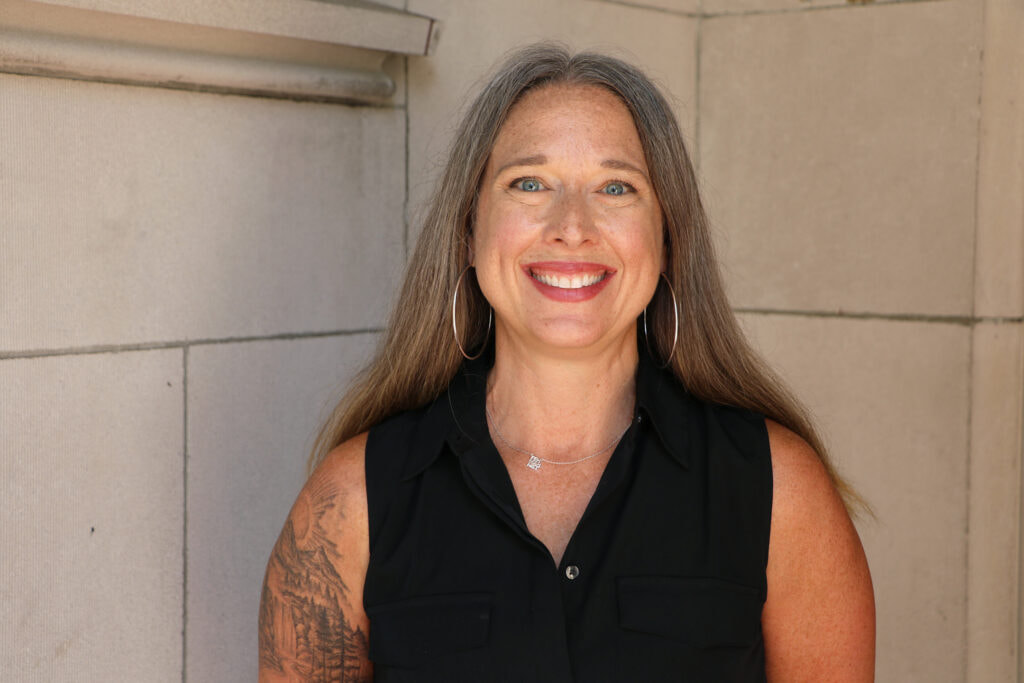
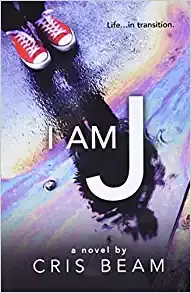
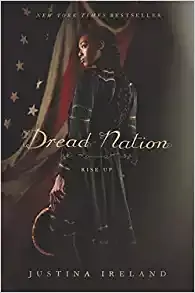
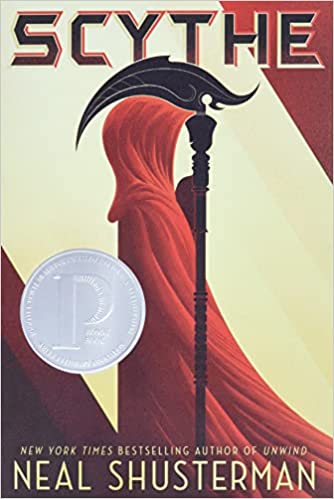
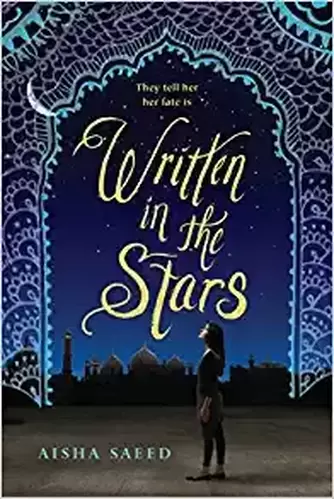

 RSS Feed
RSS Feed